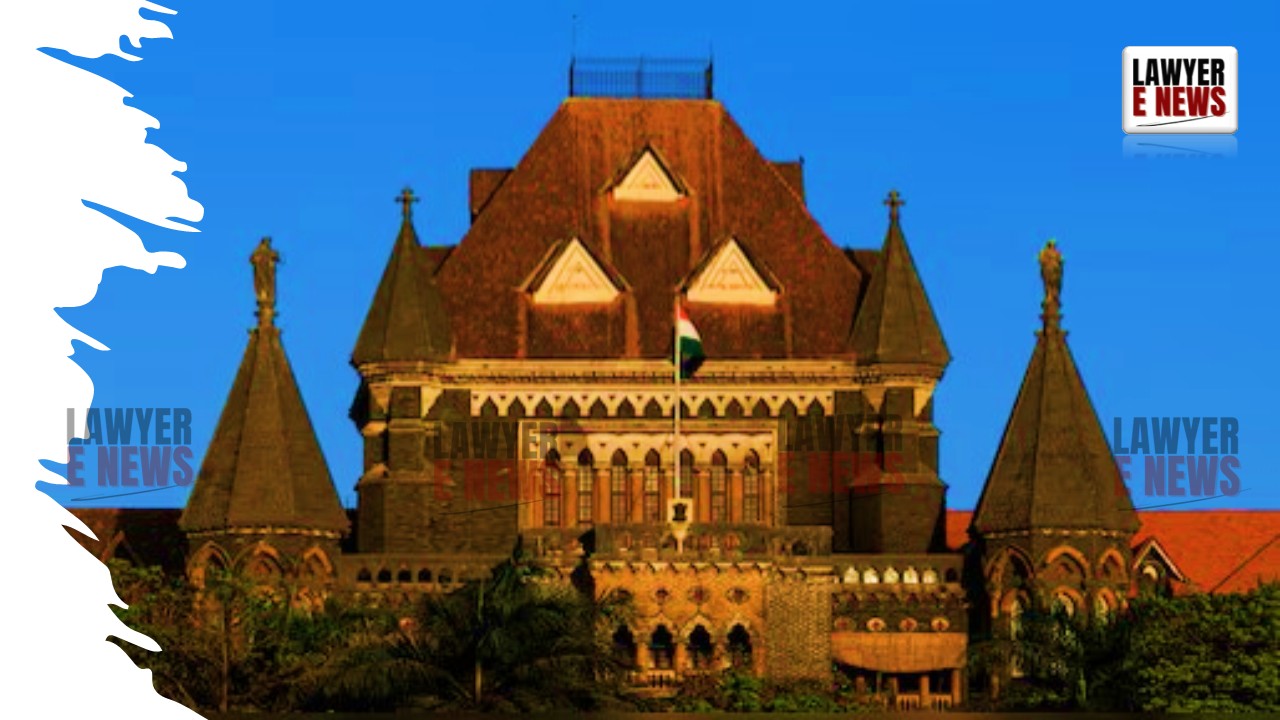-
by Admin
18 February 2026 4:37 AM



“Not Granting Injunction Would Amount to Putting a Premium on High-Handedness and Arbitrary Action of the Corporation’s Officers” - Bombay High Court strongly condemning the illegal demolition of a charitable cancer patient shelter run by the appellant near Tata Memorial Hospital. The Court declared the demolition action by the officers of the Municipal Corporation of Greater Mumbai (MCGM) as “high-handed, arbitrary and insensitive,” directing immediate temporary rehabilitation and imposing a cost of ₹2,00,000 on the Corporation for their illegal actions.
M/s Mehta & Co., a charitable organization providing food and shelter to impoverished cancer patients near Tata Memorial Hospital, was allotted a commercial area of 538 sq. ft. under Annexure II of the DCPR 2034 redevelopment scheme. However, the organization was physically occupying a larger area measuring 1319.97 sq. ft., which was verified by the Corporation in its letter dated 16 October 2023.
A dispute arose regarding the exact area of entitlement, and before the matter could be addressed in court, the Corporation, on January 4, 2024, demolished the plaintiff’s premises early in the morning—hours before a scheduled court hearing for interim protection. This triggered litigation seeking mandatory injunction and restoration of rights.
The Court held that the demolition of the plaintiff’s structure was done without any statutory notice under Section 488 of the Mumbai Municipal Corporation Act and in breach of the Corporation's own redevelopment circulars and procedures.
"The plaintiff was never called upon to vacate the suit structure without compliance with the other directions as issued in the order regarding alternate arrangements," the Court noted.
The Court categorically found that the redevelopment guidelines under DCPR 2034 and the Corporation’s Circular dated 17 November 2020 clearly mandated provision of alternate accommodation or rent before eviction. However, no such compliance was undertaken.
"It is a rare and exceptional case where the grant of mandatory injunction must be issued in favour of the plaintiff," the Court declared.
Justice Godse emphasized that the officers showed complete disregard to the fundamental duty under Article 51-A of the Constitution by bypassing legal procedures and showing insensitivity to the charitable nature of the work.
“The action of demolition has not only deprived the plaintiff of his rights but also deprived the cancer patients of their right to temporary shelter at the time of taking treatment,” the Court said.
The Court noted that even after multiple opportunities, the MCGM officers failed to appear or offer any remedial action, thereby also displaying disregard to judicial proceedings.
“Unholy haste shown on behalf of the Corporation officers to demolish the structure without any intimation, and on the day when the plaintiff was to pray for interim relief before the court, smacks of mala fides and arbitrariness,” Justice Godse stated.
The Court allowed the appeal and ordered the following:
• The Corporation must provide temporary alternate accommodation equivalent to 1319.97 sq. ft. in the same vicinity within four weeks, for the duration until the permanent rehabilitation structure is handed over.
• ₹2,00,000 litigation cost to be paid by the Corporation to the plaintiff, with liberty to recover from the erring officers.
• The order of demolition was declared arbitrary and illegal, and the City Civil Court’s refusal to grant relief was set aside.
“Not exercising the discretion to grant relief of injunction in such gross facts would amount to refusing the relief on unreasonable grounds.”
The Bombay High Court has once again underscored the supremacy of procedural fairness, due process, and the accountability of public authorities. The judgment serves as a stern reminder that redevelopment efforts must align with human dignity and lawful conduct, especially when it impacts vulnerable groups such as patients undergoing cancer treatment.
Date of Decision: April 4, 2025
